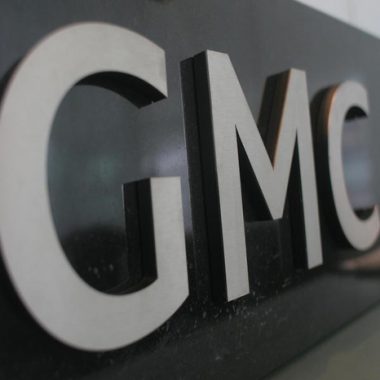BMA chair, Dr Mark Porter
Doctors’ first priority is their patients’ care, but we must not forget that they can face the same physical and mental health issues as everyone else, and it is vital that vulnerable doctors undergoing fitness for practice investigations are fully supported.
The GMC’s previous research1 exposed doctors’ views of the investigation process and it is clear that more needs to be done to understand the wider implications on doctors’ mental health, and the care they feel able to deliver.
Many doctors are already facing high levels of stress, with one survey of GPs showing that four in 10 are facing burnout, and a recent BMA survey which highlighted how morale is plummeting at a time when workloads are becoming increasingly unmanageable.
It is in the interests of both doctors and patients that, where appropriate, concerns can be raised and that these are thoroughly investigated. But this process must be fair and offer adequate protection to ensure the system itself does not cause harm.
The BMA provides counselling and support services for all doctors but believes more must be done to help vulnerable doctors who find themselves going through what can be a prolonged and arduous process.
We are pleased that the GMC has acknowledged this and is putting in place measures to provide the right support.
Professor Clare Gerada, medical director of the Practitioner Health Programme
I welcome this long awaited and important review. I applaud the GMC’s openness in putting in the public domain the issue of doctors’ suicides whilst under their process. Going forward they need to continue to show their commitment to reducing the impact of fitness to practise investigations on vulnerable doctors whilst always maintaining patient safety – a substantial task.
Doctors are sometimes patients too and supporting vulnerable doctors is a shared responsibility. It is important that in taking forward the recommendations in the review the GMC works in partnership with everyone who has an interest in this area including the Practitioner Health Programme, the Royal College of Psychiatrists and the BMA.
Dr Maureen Baker, RCGP chair
Patient safety must be paramount in any fitness to practise process, but it is also essential that GPs and all doctors are investigated fairly and sensitively. It is shocking that so many of them have taken their own lives while investigations have been ongoing.
The alarming doctor suicide statistics are proof that something must be done to ease the stress on doctors undergoing fitness to practise investigations.
The RCGP welcomes the GMC’s assurance that no GP under investigation should be treated as a guilty party before the process has reached its conclusions – and that throughout they receive all the support and advice they need.
We also support the proposal to speed up the fitness to practise procedures – the GMC must thoroughly investigate allegations of malpractice, but some investigations extend for many years and this adds extra stress for all parties concerned.
Even GPs who fail to live up to the highest professional standards can be better served by a swift investigation followed by offers of professional help where appropriate. We support the recommendation that the GMC will appoint a senior medical officer to deal specifically with health issues affecting the doctors concerned.
GPs everywhere are reporting high levels of stress as we struggle to provide care to our patients, often in very difficult circumstances due to lack of funding, significant increases in patient consultations and difficulties in trying to recruit sufficient GPs to meet patients’ needs.
Today’s statistics are a wake-up call for us to do more to support GPs and to prevent problems arising in the interests of patient safety.
Pulse October survey
Take our July 2025 survey to potentially win £1.000 worth of tokens













